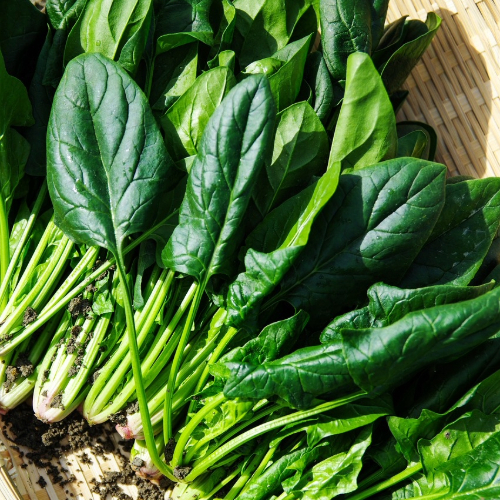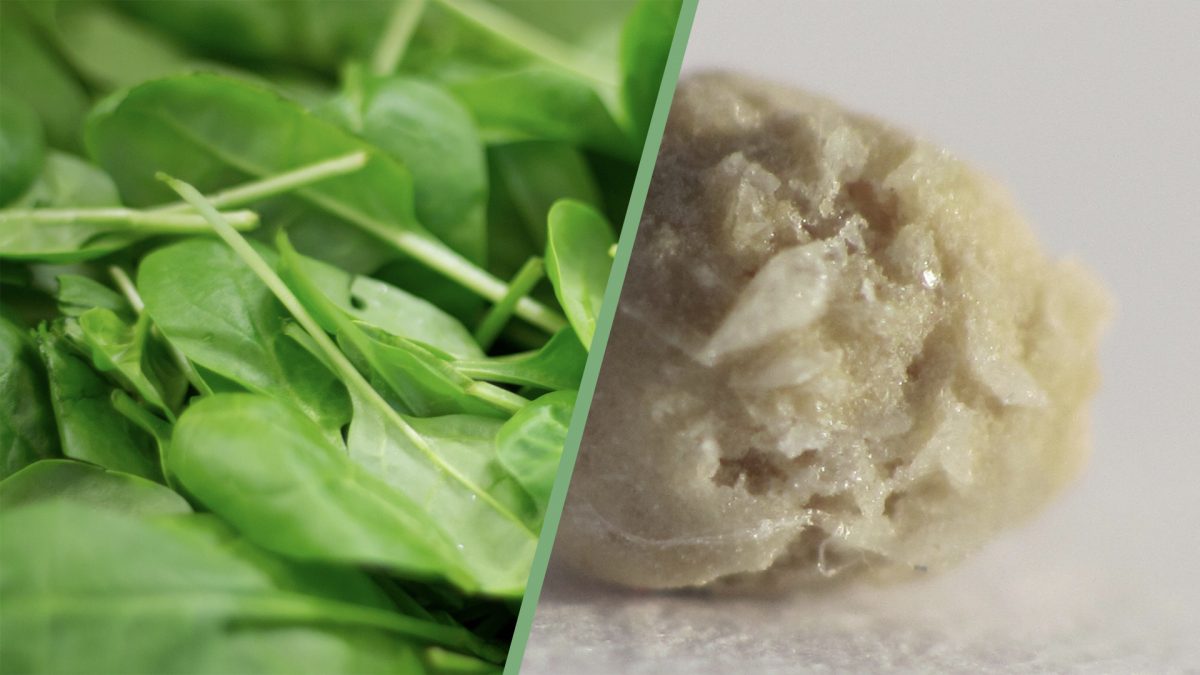
Oxalates
Some foods, like spinach, are naturally high in oxalates. Should we try to reduce our intakes of high-oxalate foods given that oxalate stones are the most common type of kidney stones?
Oxalate Kidney Stones
Kidney stones affect as many as one in ten people in their lifetime and can cause excruciating pain. Oxalate stones are the most common type, forming when the oxalate concentration gets so high in our urine it basically crystalizes out of solution like rock candy.
Should We Eat Fewer High-Oxalate Foods to Reduce Kidney Stone Risk?
People who get kidney stones don’t appear to eat any more oxalates on average than people who don’t get stones. It’s less what you eat and more what you absorb. People who are predisposed to kidney stones just appear to be born with a higher intestinal oxalate absorption. Their guts just really soak it up. So-called super absorbers assimilate up to 50 percent more oxalate than non-stone-formers.
Overall, the impact of typical dietary oxalate on urine levels appears to be small. Still, until you get your first stone, how do you know if you’re a super absorber or not? Is it safer to just generally avoid higher oxalate fruits and vegetables? Well, people who eat more fruits and veggies actually tend to get fewer kidney stones. In fact, when researchers put it to the test and removed produce from people’s diets, their kidney stone risk went up.
One of the Reasons We Need Fruits and Vegetables
Removing fruits and vegetables can make our dietary oxalate intakes go down, but it also impairs our bodies’ ability to get rid of the oxalate we produce on our own. Oxalate is formed internally as a waste product, and our bodies have more difficulty getting rid of it without the alkalizing effects of fruits and vegetables on our urine’s pH. This may help explain why those eating plant-based diets get fewer kidney stones, though it also may be due to their reduction in meat intake, as meat consumption can have an acid-forming effect in the kidneys. A single can of tuna a day can increase our risk of forming stones by 250 percent, for example, and just cutting back on animal protein can help cut kidney stone risk in half.
Oxalates in Greens
The three high-oxalate greens are spinach, beet greens, and swiss chard. Even though there are small amounts of oxalates found throughout the food supply, spinach alone may account for 40 percent of oxalate intake in the United States. The Harvard cohorts found that men and older (but not younger) women who ate spinach eight or more times a month had about 30 percent higher risk of developing kidney stones.
Oxalates are water-soluble, so blanching collard greens, for example, can reduce oxalate levels by up to a third. Steaming spinach reduces oxalate levels by 30 percent, and boiling cuts them by more than half. Boil the three high-oxalate greens, and up to 60 percent of the oxalates are leached into the cooking water. They start out so high, though, that they would still contain hundreds of times more oxalates than low-oxalate greens like kale.
Who Should Avoid the High-Oxalate Greens?
Anyone who has a history of kidney stones, is otherwise at high risk (for example, those who take megadoses of vitamin C, have a history of long-term broad-spectrum antibiotic use, or had Roux-en-Y gastric bypass surgery), or who eats cups of greens a day should diversify their greens. (I personally try to eat at least a pound of greens a day, which is about three cups cooked or a dozen raw.) This is especially important for those who juice or blend their greens, as oxalates appear to be absorbed more rapidly in liquid than solid form.
Any Other High-Oxalate Foods?
Other high-oxalate foods that have been associated with kidney problems at high enough doses include chaga mushroom powder (four to five teaspoons a day), rhubarb (four cups a day), almonds or cashews (more than a cup a day), and star fruit (a single dose of one and a quarter cup juice or four to six fruit). Excessive tea consumption can also be a problem, especially of instant tea powder, which boosts urine oxalate nearly four times higher than brewed tea. Two cases of kidney damage attributed to drinking 16 daily glasses of iced tea have been reported.
Don’t Skip or Skimp on Your Greens
I encourage everyone to eat huge amounts of dark leafy greens every day, the healthiest food on the planet. Greens answer the question: What if the food with the lowest calorie content also had the highest nutrient content? But if you follow this advice (and you should!), then just choose any of the other wonderful greens. If you eat mere-mortal amounts of greens (like a serving a day), then it doesn’t matter which type of dark green leafy you choose. I continue to enjoy the three high-oxalate greens—spinach, beet greens, and chard—all the time. It’s just that you can overdo those three. To make sure I don’t end up consuming more than a serving or two a day of the high-oxalate ones when I’m trying to hit my pound-a-day green leafy quota, I personally do mostly kale, collards, and arugula, which also happen to have the added benefit of being cruciferocious.
For substantiation of any statements of fact from the peer-reviewed medical literature, please see the associated videos below.
Image Credit: Image by Shingo_No from Pixabay. This image has been modified.
Popular Videos for Oxalates

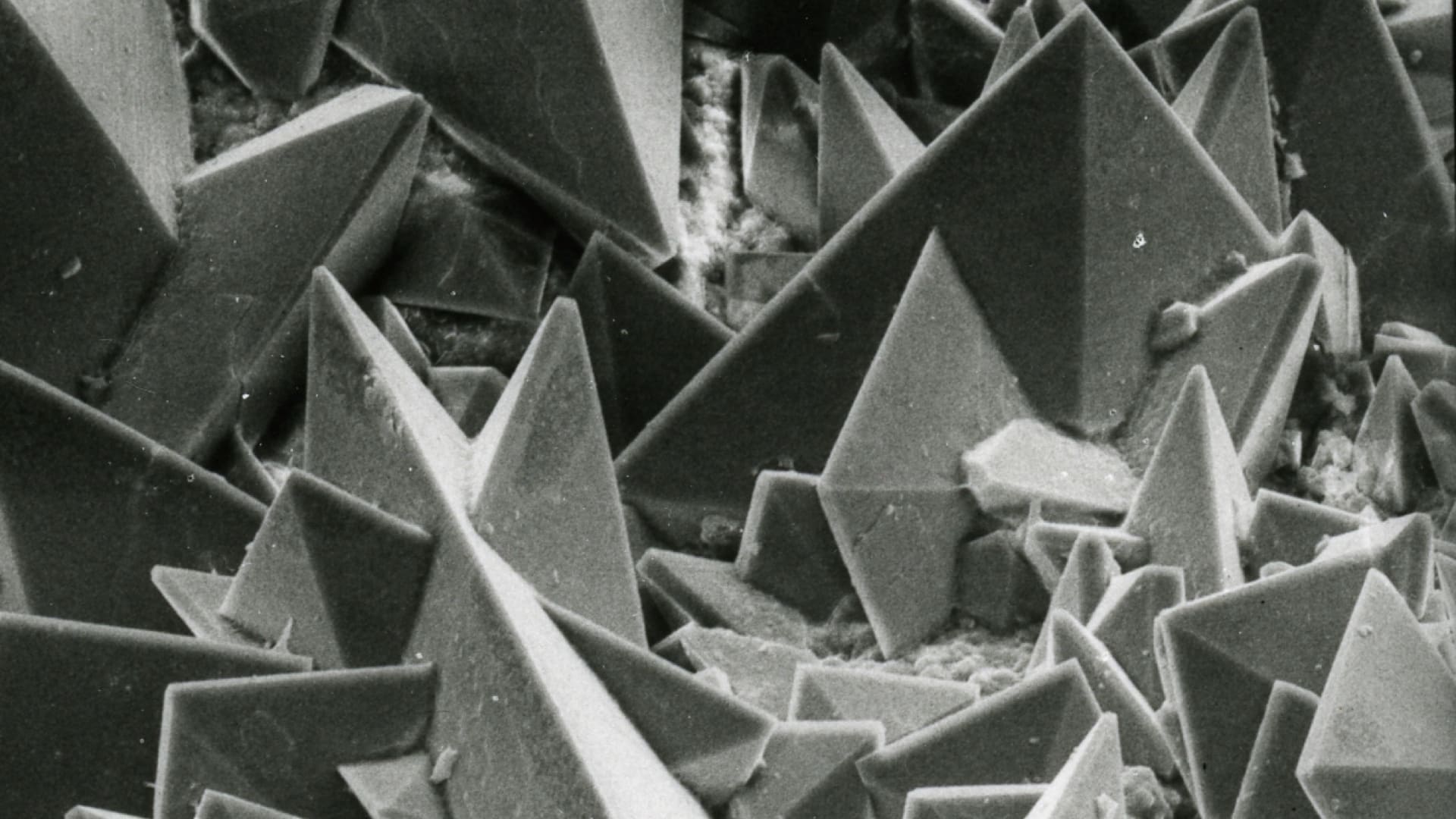
How to Prevent Kidney Stones with Diet
Interventional studies support the population data that animal protein consumption appears to markedly increase the...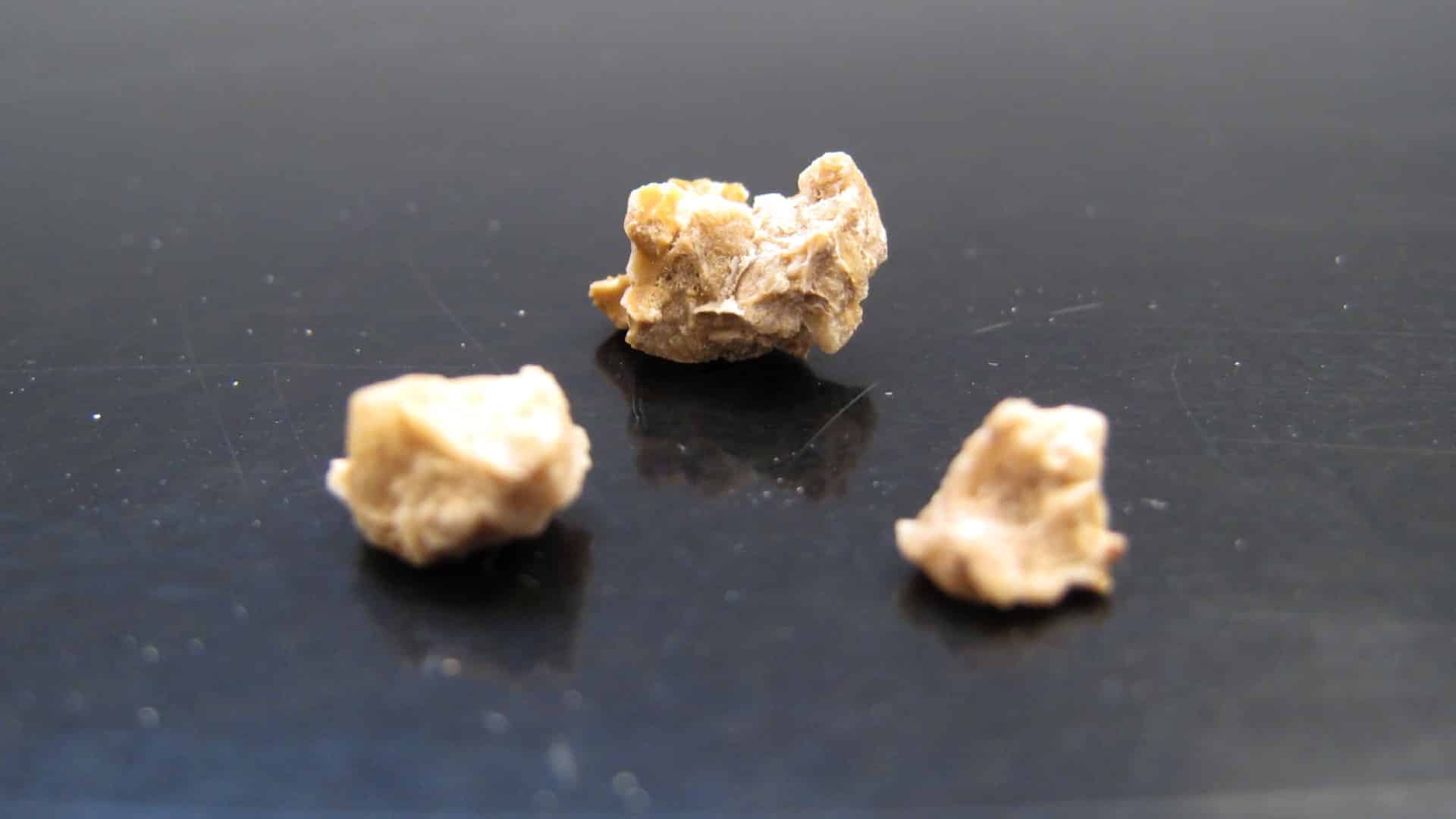
How to Treat Kidney Stones with Diet
Decreasing animal protein and sodium intake appears more effective in treating calcium oxalate and uric...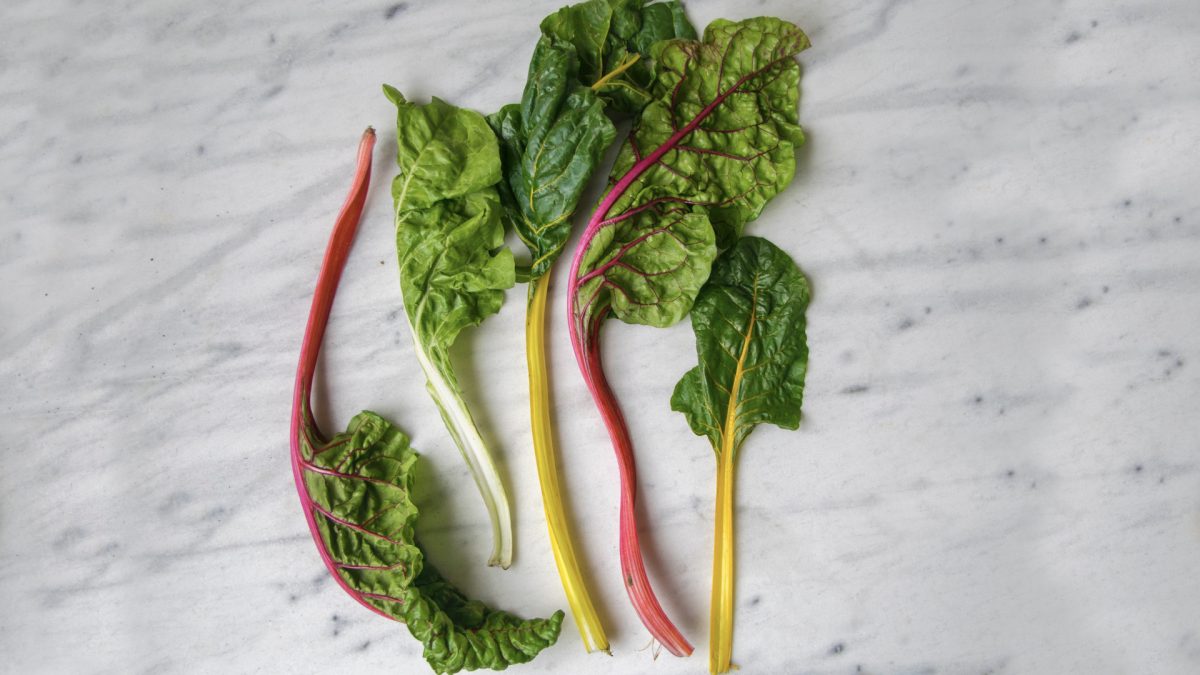
Kidney Stones and Spinach, Chard, and Beet Greens: Don’t Eat Too Much
Given their oxalate content, how much is too much spinach, chard, beet greens, chaga mushroom...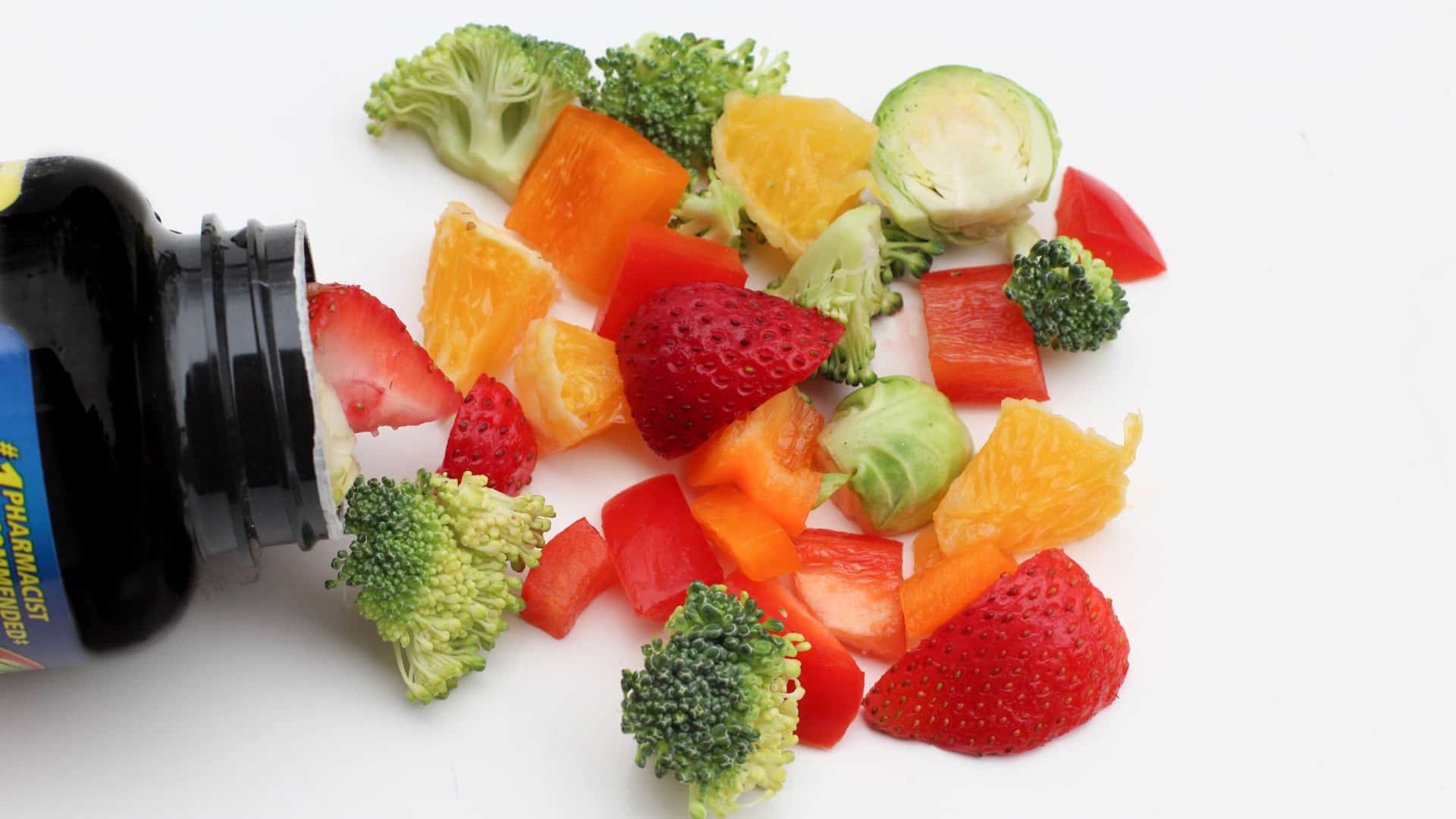
Do Vitamin C Supplements Prevent Colds but Cause Kidney Stones?
What are the benefits and risks of taking vitamin C supplements?All Videos for Oxalates
-

Neurotoxicity Effects of Star Fruit
Star fruit contains a neurotoxin known as caramboxin that can cause irreversible brain damage at high enough doses.
-

Kidney Stones and Spinach, Chard, and Beet Greens: Don’t Eat Too Much
Given their oxalate content, how much is too much spinach, chard, beet greens, chaga mushroom powder, almonds, cashews, star fruit, and instant tea?
-

Oxalates in Spinach and Kidney Stones: Should We Be Concerned?
Even though dietary oxalates may have a limited effect on kidney stone risk in most people, there are some predisposing factors that can put anyone at risk.
-

Dairy and Cancer
How do we explain the increased risk of prostate cancer but the decreased risk of colon cancer associated with dairy consumption?
-

Arsenic in Rice Milk, Rice Krispies, & Brown Rice Syrup
I recommend people switch away from using rice milk.
-

Do Vitamin C Supplements Prevent Colds but Cause Kidney Stones?
What are the benefits and risks of taking vitamin C supplements?
-

How to Treat Kidney Stones with Diet
Decreasing animal protein and sodium intake appears more effective in treating calcium oxalate and uric acid kidney stones (nephrolithiasis) than restricting calcium or oxalates.
-

How to Prevent Kidney Stones with Diet
Interventional studies support the population data that animal protein consumption appears to markedly increase the risk of kidney stones.
-

Who Shouldn’t Consume Curcumin or Turmeric?
Just because something is natural and plant-based doesn’t mean it’s necessarily safe. Those who are pregnant, have gallstones, or are susceptible to kidney stones may want to moderate their turmeric consumption.
-

Asparagus Pee
Young infants, and perhaps those with recurrent oxalate kidney stones, should avoid beets. But most commonly, the chief side effect is beeturia, the harmless passage of pink urine, though not all are affected—akin to the malodorous urine (“stinky pee”) that sometimes results from asparagus consumption.
